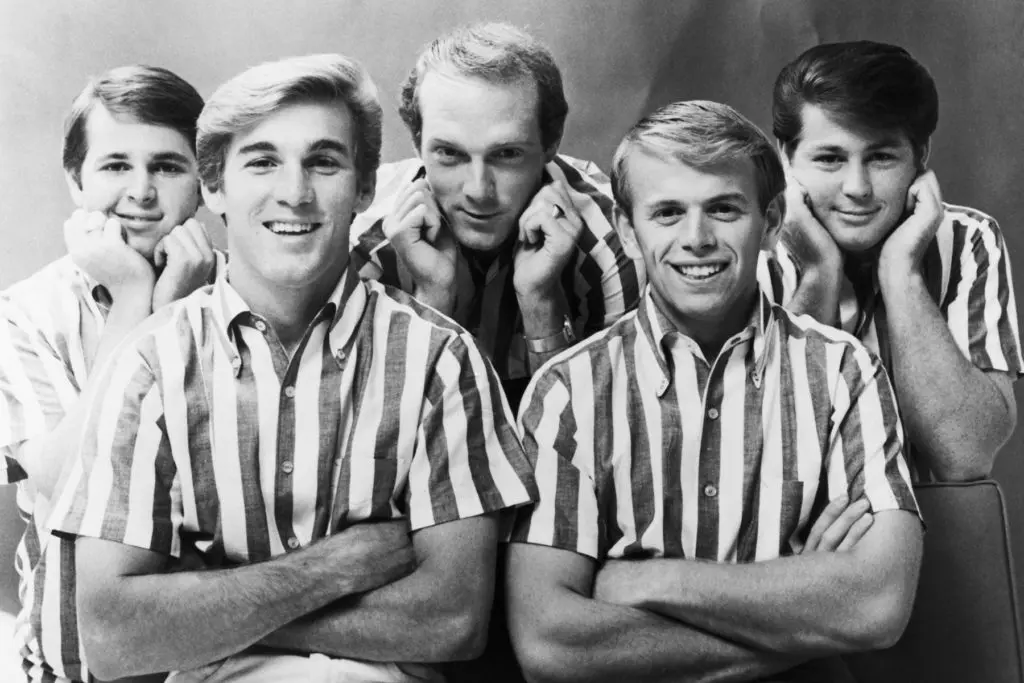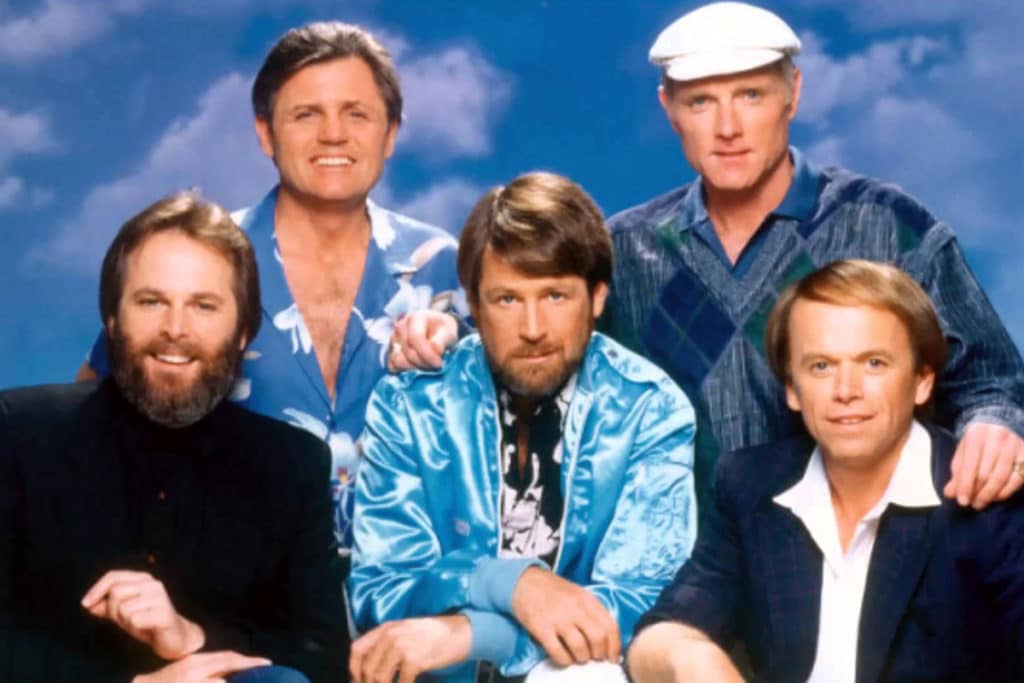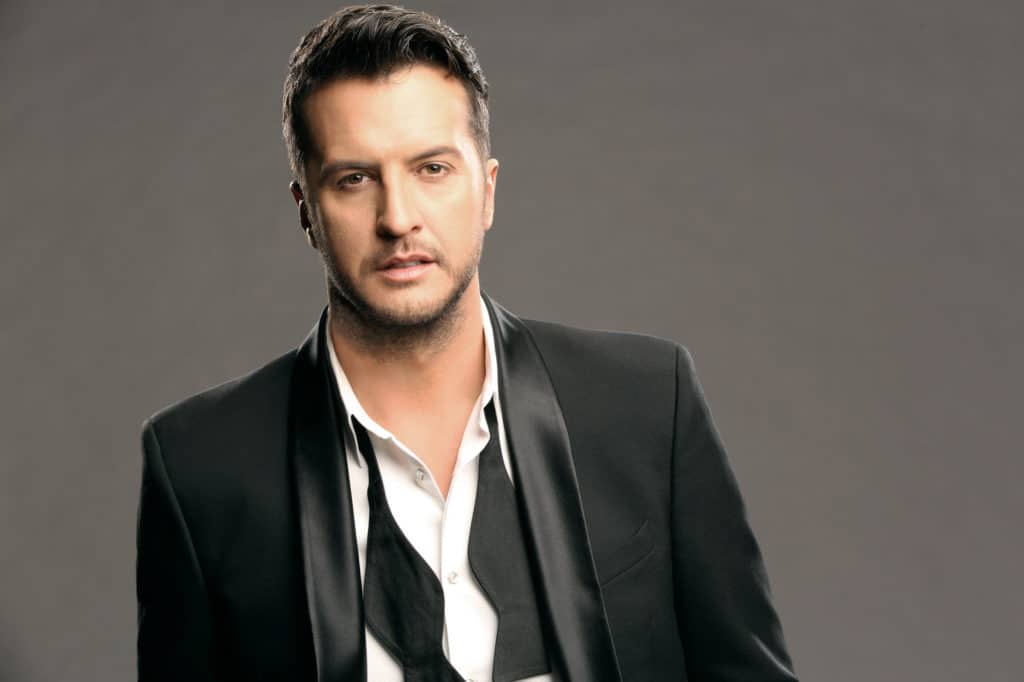Music fans love to argue, and especially to compare who is the coolest of the musicians - the anchors of the Beatles and the Rolling Stones - this is of course a classic, but in the early to mid-60s, the Beach Boys were the biggest creative group in Fab Four.
The fresh-faced quintet sang about California, where the waves were beautiful, the girls were pretty, the cars were animated and the sun was always shining. Melodies such as "Surfin 'USA", "California Girls", "I Get Around" and "Fun, Fun, Fun" filled the pop music charts with ease, inspired by 50's vocal groups and surf rock.
However, in the 60s, the Beach Boys—like the Beatles—emerged into a group that stood for a different type of perfection, based on complex variety symphonies with complex, unorthodox orchestrations.
Create a group

The group formed in 1961 in Hawthorne, California around Brian Wilson and his two younger brothers, Carl and Dennis, as well as Mike Love and classmate Al Jardine.
The elder Wilson was the band's musical inspiration, through his vision for arranging, composing and producing. The band members traded vocals, with Love helping with songwriting from time to time.
However, thanks to the family atmosphere, the music of the Beach Boys felt like an endless summer.
The group's first single, "Surfin", signed to Capitol Records, and it was with them that the Beach Boys created over 20 Top 40 songs from 1962 to 1966.
Departure of the main performer
In the midst of the race's glory, Brian Wilson decided to stop touring with the band. His results are focused on the legendary, great sounds of 1966.
Hazyly psychedelic, the album contained unusual instrumentation for a pop album - two empty cans of Coca-Cola for percussion and a theremin, and more. In fact, Pet Sounds had a profound effect on the Beatles when they created their first tracks in 1967.
The Beach Boys maintained a kaleidoscopic pop vibe, most notably on the singles "Good Vibrations" and "Heroes & Villains" when Brian Wilson was working on a pop album with Van Dyke Parks that was to be called Smile.
Due to a variety of factors—drug experimentation, creative pressure, and his own internal turmoil—the record never came out, and Brian Wilson almost completely retreated from the spotlight.
The band continued to move forward, although their albums reflected a wider sonic palette. This led to occasional chart hits—for example, 1968's country rock "Do It Again," 1969's "I Hear Music," and 1973's more modern-style track "Sail On, Sailor"—although the Beach Boys' earliest music remained more light.
In fact, in 1974, the new Capitol Records compilation Endless Summer became a No. 1 hit, which sparked a new wave of nostalgia for the band.
Return of Brian Wilson
The group began to expand its audience even more when Brian Wilson returned to the ranks for the 1976 studio album 15 Big Ones.

However, the reunion was short-lived: the synth-heavy, offbeat track Love You from 1977 became a popular cult classic, at the time it was not a commercial success, and he disappeared from the group again.
In the early 80s, the Beach Boys suffered a major setback in 1983 with the death of co-founder Dennis Wilson.
However, the group sold out, and in 1988 it reached a whole new audience of fans thanks to the surprise No. 1 hit "Kokomo" and association with the comedy show Full House.
In the end, it didn't end well
The following decades were also not easy for the group.
Co-founder Carl Wilson died in 1998 of lung cancer, while the rest of the band often quarreled over the Beach Boys' name and other business matters.
In 2004, Brian released Gettin' over My Head featuring McCartney, Eric Clapton and Elton John.
However, the landmark work of this period in Brian's career was Smile (2004), which was finally offered to the world as a completed solo album after Brian had spent nearly four decades refining his sound.
After being awarded the Kennedy Center Honor in 2007, Brian released That Lucky Old Sun (2008), a nostalgic tribute to southern California produced in collaboration with Scott Bennett and Parks.
In 2012, a year after the 50th anniversary of the Beach Boys' formation, the core members reunited for a holiday tour. The concerts coincided with the release of That's Why God Made The Radio, the band's first album in two decades of original material.

In 2013, the two-disc live album The Beach Boys Live: 50th Anniversary Tour was released.
Yet despite the commotion, the Beach Boys are still touring today, as is Brian Wilson.
And in 2012, the members put aside their differences to reunite for their 50th anniversary celebration. Wilson, Love, Jardine and other long-term touring and recording artists Bruce Johnston and David Marks came together to make a new track and warmly received the new studio album, That's Why God Made The Radio.



